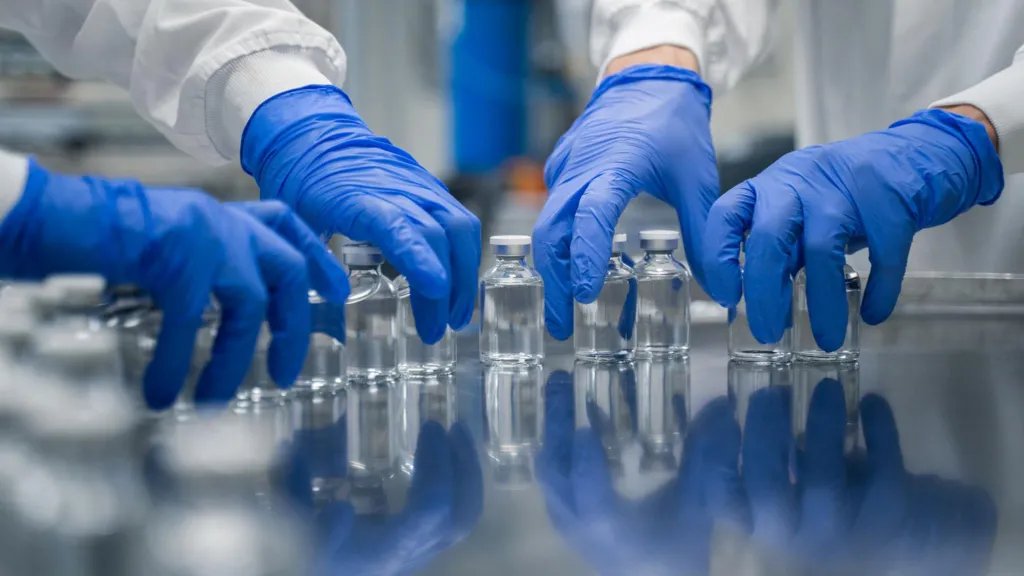Blow for UK Drugs Sector as Merck Cancels £1bn Expansion

US pharmaceutical giant Merck has scrapped plans to invest £1bn in expanding its UK operations, saying the government has failed to support the life sciences sector.
The company, known as MSD in Europe, said it would shift research to the US and vacate laboratories in London’s Bioscience Innovation Centre and the Francis Crick Institute by the end of the year, resulting in 125 job losses. Construction on a new site at King’s Cross, originally due for completion in 2027, will also be abandoned.
Merck blamed “successive governments” for undervaluing innovative medicines and failing to address chronic underinvestment in life sciences. “This decision reflects the challenges of the UK not making meaningful progress,” the company said.
The move delivers a sharp blow to Britain’s pharmaceuticals sector, which industry leaders warn is increasingly seen as “uninvestable.”
Industry Reaction
Oxford professor Sir John Bell said major drugmakers were losing interest in the UK.
“They’re not going to do any more investing in the UK,” he told the BBC, noting that the NHS spends just 9% of its healthcare budget on medicines — compared with 14–20% across OECD countries.
Richard Torbett, head of the Association of the British Pharmaceutical Industry, called the decision “an incredible blow” and said it should serve as a wake-up call to address the UK’s declining competitiveness.
Other pharma firms have already scaled back. AstraZeneca last year redirected a major investment to Ireland, citing tax policy, while Novartis recently warned the UK was “largely uninvestable” after being unable to launch several medicines.
Political Response
Science minister Ian Murray called Merck’s decision “deeply disappointing” but stressed it was a commercial choice influenced by global pressures, including US trade policy. Conservative shadow science secretary Julia Lopez said Merck’s message was “unsparing,” adding: “Simply put, the UK is not internationally competitive. The government must wake up, and do so now.”
A spokesperson for the Department of Industry said the UK “remains one of the most attractive places to invest” but acknowledged “there is more work to do.”
Global Pressures
Merck recently announced global cost-cutting of $3bn (£2.2bn) per year. Pharmaceutical companies are also refocusing investment on the US, responding to President Donald Trump’s threats of tariffs of up to 250% on imported drugs and pressure to lower domestic prices.
Industry figures say the UK still offers strong fundamentals for research — world-class universities, the NHS as a testing platform, and assets like the UK Biobank — but the combination of US trade policy and limited domestic support is driving investment elsewhere.
Labour, in its election manifesto, pledged to develop an NHS “innovation and adoption strategy” to speed approval of new medicines and improve incentives for companies.
